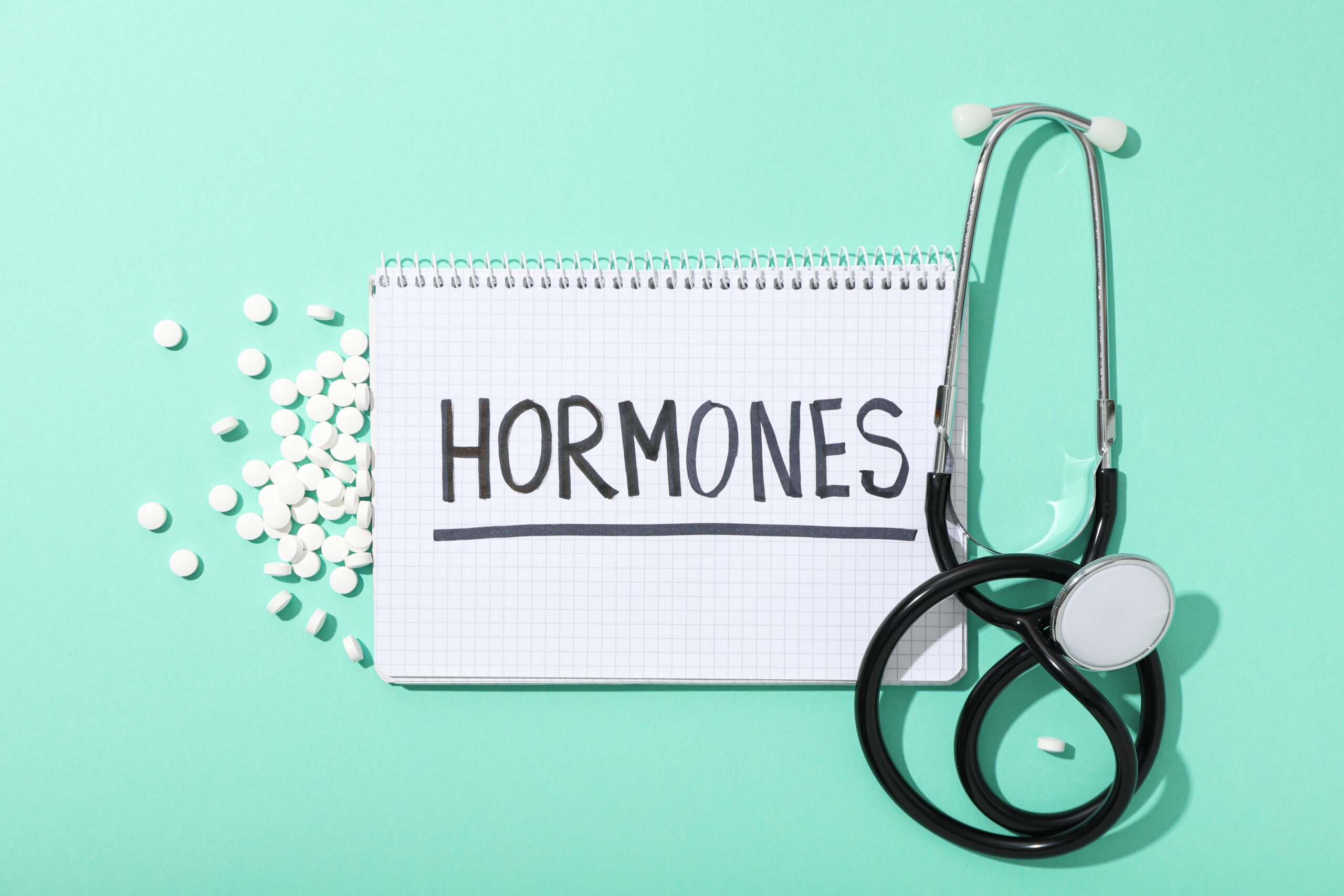A fertility journey brings many questions and uncertainties. Understanding your body’s ability can feel overwhelming. A key part of fertility is knowing your ovarian reserve, or how many eggs you have. But how do you measure something like that? That’s where ovarian reserve testing comes in. It helps you and your doctor understand your reproductive potential. This can guide decisions about the right treatments. This test doesn’t predict if you’ll get pregnant. It shows your fertility health by measuring how many eggs you have. With this knowledge, we can guide you to the best options. These choices will fit your unique journey.
- Follicle-Stimulating Hormone (FSH) Test: This hormone helps control the reproductive process. High FSH levels can mean a lower ovarian reserve. It shows your body is working harder to stimulate the ovaries.
- Antral Follicle Count (AFC): This ultrasound test counts the small follicles in your ovaries. It gives a direct visual measure of your ovarian reserve.
For those trying to conceive, understanding your ovarian reserve can be empowering. It helps you make informed family planning decisions. Whether considering fertility treatments or planning for the future, it guides your options. For women with infertility, it gives a clearer view of potential challenges. It helps guide them to the right treatment plan. This could include IVF, egg freezing, or other fertility procedures. It provides direction for their next steps.
But it’s important to approach this test with the right expectations. Ovarian reserve testing can’t predict fertility or guarantee IVF success. It provides one piece of the puzzle, giving insights into your reproductive timeline. This helps you and your doctor plan the best path forward.
Ovarian reserve testing is typically a simple process. Blood tests to check AMH and FSH levels can be done on any day of your menstrual cycle. It provides one piece of the puzzle, giving insights into your reproductive timeline. This helps you and your doctor plan the best path forward. These tests are minimally invasive and don’t need any special preparation. The results, however, can sometimes feel overwhelming. Numbers and hormone levels may seem to define your fertility. But remember, ovarian reserve is only one factor. Many women with lower reserves still get pregnant. Your fertility specialist will explain what the results mean for you. They will consider your overall health and goals.
While ovarian reserve testing is a useful tool, it isn’t perfect. It gives a general idea of how many eggs you have. But it can’t tell you about the quality of those eggs, which is also important for conception. Age, lifestyle, and health affect fertility. Ovarian reserve testing is just one part of a bigger fertility assessment. According to the National Library of Medicine, AMH levels are a good predictor of response to IVF treatment. However, they shouldn’t be the only factor in determining fertility. Other factors should also be considered.
Ultimately, ovarian reserve testing is about empowerment. It provides valuable insights that allow you to plan for the future with clarity. Knowing your ovarian reserve helps you make informed decisions. It’s important whether you’re starting your fertility journey or considering treatments. This knowledge helps align decisions with your goals and timeline. We’re here to support you at every stage, with guidance, information, and care. The path to parenthood is different for everyone. Wherever you are, we’re here to support you.
FAQs:
- When should I consider ovarian reserve testing?
Ovarian reserve testing is helpful for women planning for the future. It’s especially useful for those over 35 or struggling to conceive. It can also be useful if you’re considering fertility treatments or egg freezing.
- Can a low ovarian reserve mean I can’t have children?
Not necessarily. A low ovarian reserve doesn’t mean you can’t conceive. It may mean you have fewer eggs left. Fertility treatments or careful planning might help. Many women with low ovarian reserves still go on to have healthy pregnancies.
- Does ovarian reserve testing measure egg quality?
No, ovarian reserve testing measures the quantity of eggs you have, but it doesn’t assess egg quality. Egg quality generally declines with age, which is why age is still a key factor in fertility.
- Is ovarian reserve testing painful?
No, ovarian reserve testing is minimally invasive. It involves a blood test or ultrasound. Both are quick and painless.





